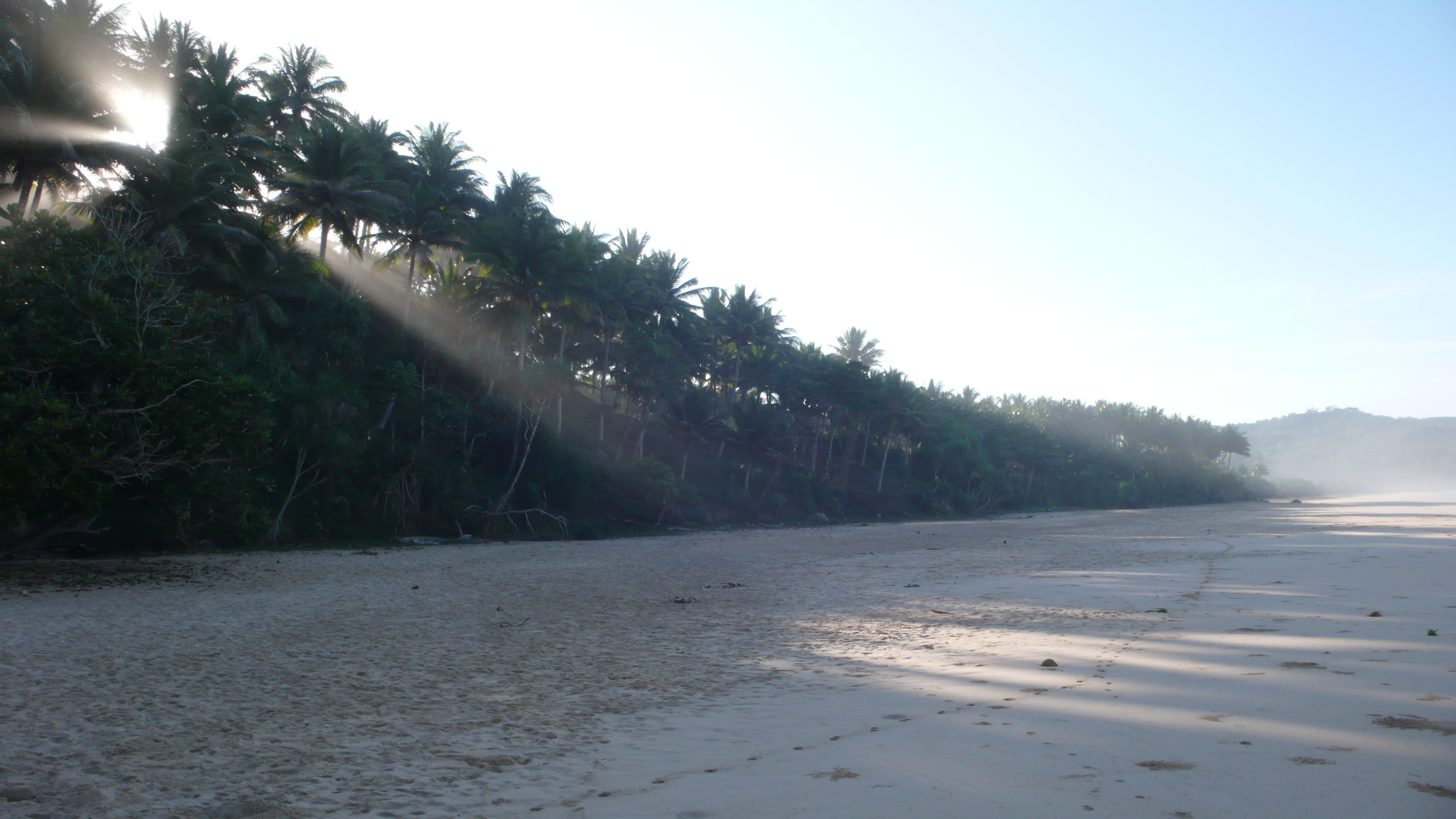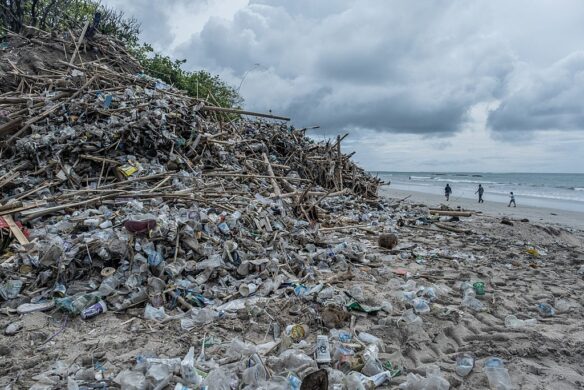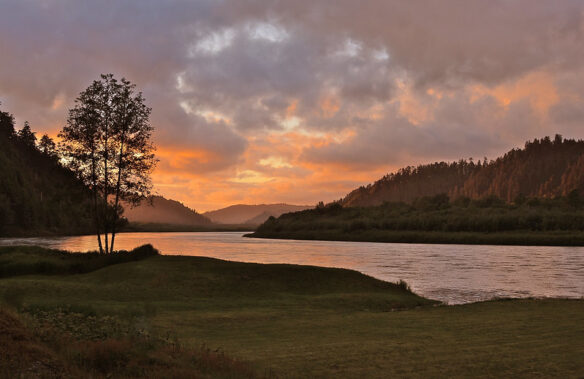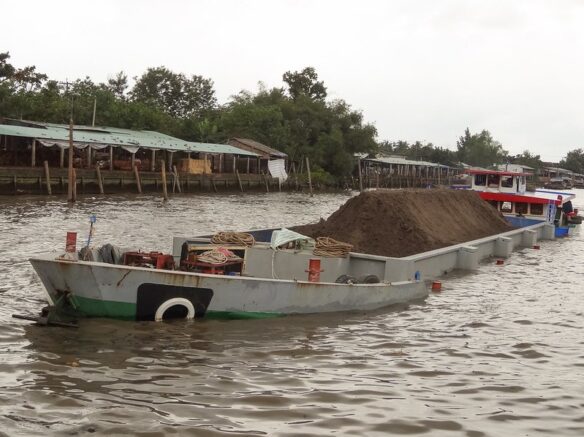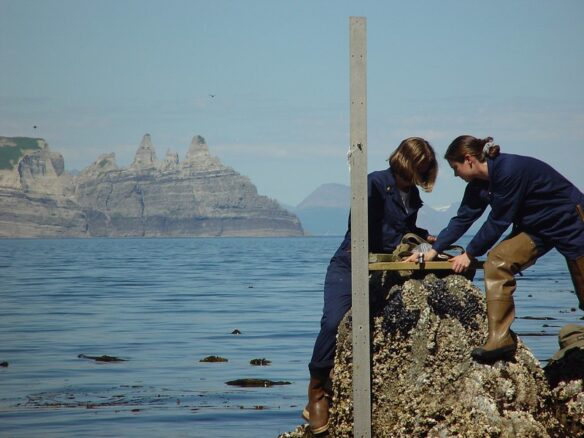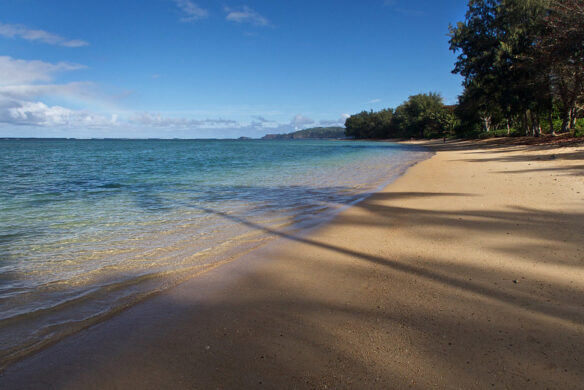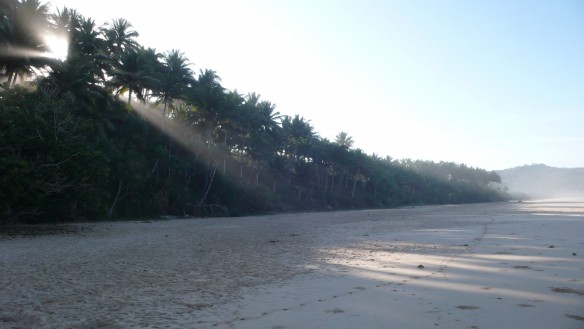
Indonesia. Photograph: © SAF – Coastal Care
Excerpts;
On Dec 26, 2004, a massive tsunami hit Indonesia’s Aceh province, killing 167,000 people. The wave forged 2km inland in some places, and wiped out towns, crops and lives.
Could anything have reduced its devastating impact? In the tsunami’s wake, global attention fell on the potential of mangroves.
Many of Indonesia’s mangrove forests were cleared before 2004 for shrimp farms (aquaculture) – subsequent research showed that mangroves and other forests could help protect coastlines and people from the force of tsunamis, hurricanes, and rising sea levels…
Read Full Article, Star2 (05-02-2017)
Where the land meets the sea: Governing mangrove forests; Forests News (02-02-2017)
As countries ponder how to encourage mangrove conservation, the role of people, rights, and governance institutions should receive equal consideration…
The Human Element of Mangrove Management; USAID (12-16-2016)
Mangroves Help Protect Against Sea Level Rise, Science Daily (07-27-2015)
Mangrove forests could play a crucial role in protecting coastal areas from sea level rise caused by climate change, according to new research involving the University of Southampton…
How a Small Tribe Turned Tragedy into Opportunity, IPS News (11-13-2014)
A Decade After Asian Tsunami, New Forests Protect the Coast, Yale E 360 (12-14-2014)
Greenbelt Reports / TVE Asia Pacific
The Greenbelt Reports (GBR) is a multi-media, Asian regional educational project to document the conservation challenges involving mangroves, coral reefs and sand reefs, collectively called ‘greenbelts’ in recognition of their natural protective role against wave action and anticipated climate change impact.
Destruction of Mangroves Costs up to US$42 billion in Economic Damages Annually – UNEP Report (10-14-2014)
The world is losing its mangroves at a faster rate than global deforestation, the United Nations revealed, in a new report “Importance of Mangroves: A Call to Action,” adding that the destruction of the coastal habitats was costing billions in economic damages and impacting millions of lives…
Let mangroves recover to protect coasts; BBC News (09-17-2016)
Allowing mangrove forests to recover naturally result in more resilient habitats that benefit both wildlife and people, say conservationists…
Making Local People Stewards of the Earth; IPS News (09-23-2013)
Sri Lanka to become the first nation in the world to protect all its mangroves; Guardian UK (05-12-2015)
More than half the world’s mangroves have been lost over the last century but all of those surviving in Sri Lanka, one of their most important havens, are now to be protected in an unprecedented operation…
Tanzania: Mangrove Project Bears Fruit, All’Africa (07-17-2016)
Thanks to a mangrove planting project, villagers have managed to protect their areas, where seawater had been regularly spilling over the farms destroying their crops, and conserve the environment by involving members of the public in planting mangroves…

